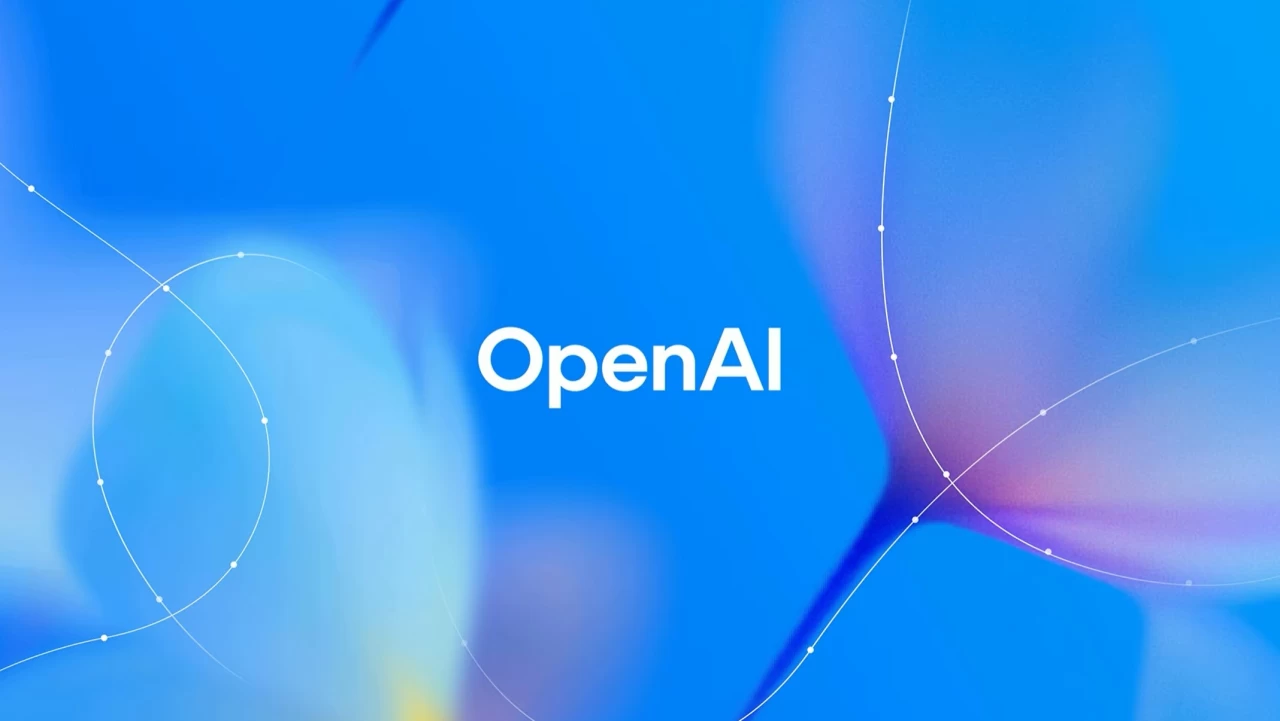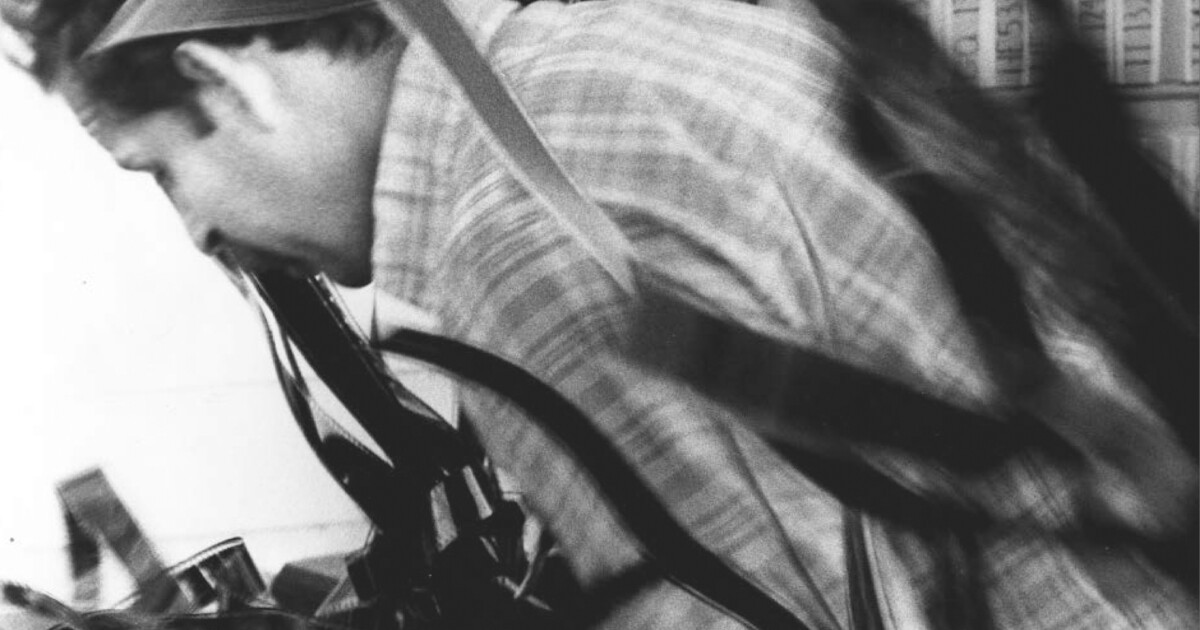 Image via OpenAI
Image via OpenAIAbout seven months ago, OpenAI released its GPT-4o Image Generation model. Integrated directly into ChatGPT, it was OpenAI's best image generator at the time, offering higher quality, better text rendering, and greater precision than older models. But users quickly found that it could create convincing fake receipts (something OpenAI defended by claiming that fake receipts can be "used to teach people about financial literacy").
They also discovered its knack for generating images in the distinctive art style of Japanese animation studio, Studio Ghibli, the makers of My Neighbor Totoro and Spirited Away.
Obviously, that initial launch drew controversy over copyright concerns. Those concerns were only heightened when OpenAI released Sora 2 about two weeks ago, on October 1.
Sora 2 is capable of creating 20-second-long 1080p videos with sound. And just like with the launch of 4o Image Generation, the internet was flooded with AI creations. This time, users generated videos with characters from prominent franchises such as Pokémon (including Pikachu), Mario, One Piece, and Demon Slayer.
This has led Japan's government to step in and call out OpenAI. According to IGN, Japan wants the company to stop ripping off its "irreplaceable treasures" like manga and anime. At a press conference last Friday, Minoru Kiuchi, the minister of state for IP and AI strategy, confirmed the government's stance. He told reporters that the Cabinet Office made a formal online request for OpenAI to refrain from infringing on Japanese IPs.
Days before the press conference, Akihisa Shiozaki, the deputy Secretary-General of Japan's ruling party, LDP, threatened to invoke Article 16 of the AI Promotion Act if the situation did not improve. He posted that the government should consider using its investigative powers to request an explanation of Sora 2's basic specifications, its filtering measures, and its track record of deletion responses.
Shiozaki, in a separate X post (translated), noted that Sora 2 refuses to generate characters owned by U.S. entertainment giants, like Disney:
When I tried inputting prompts into Sora2 myself, it generated footage of popular anime characters with a quality indistinguishable from the originals, one after another. Yet, for some reason, characters owned by major U.S. companies, like Mickey Mouse or Superman, didn't appear.
This was clearly an imbalance and potentially a serious issue under copyright law. The efforts and sensibilities of Japanese creators, who have led the world, were at risk of being disregarded.
Japan's AI Promotion Act, fully enacted on September 1, 2025, aims to make the country the most "AI-friendly country" in the world. The legislation favors cooperation over harsh penalties, a different path from the EU's stricter regulations.
Article 16 of the act grants the government investigative powers, with which it can analyze cases where AI infringes on citizens' rights and then consider countermeasures. These powers do not include fines, but the government can publicly name companies that fail to cooperate.
.png)


.png)

